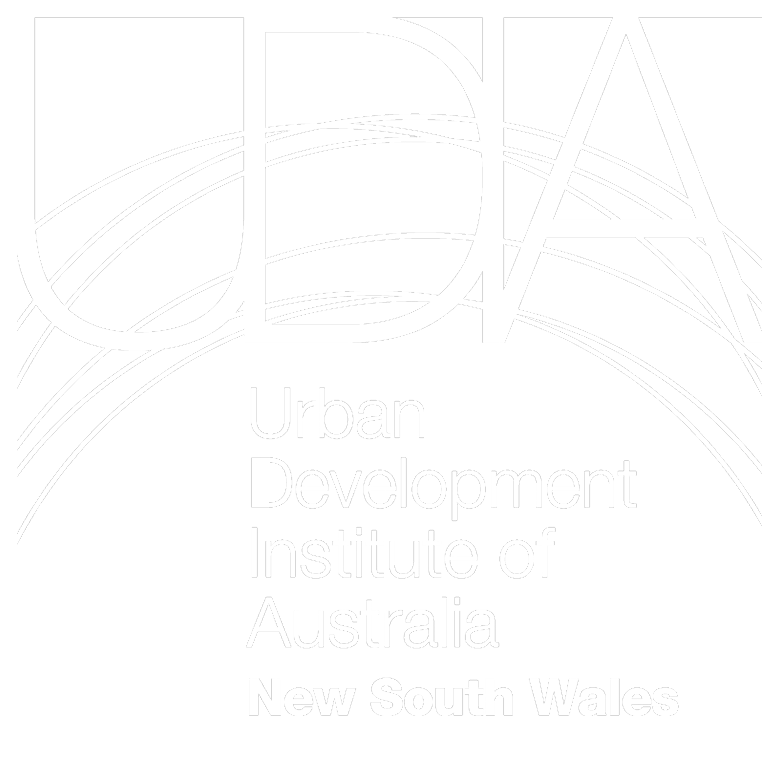UDIA NSW welcomes any measures to improve productivity but cautions that the new Housing & Productivity Contributions Bill tabled in Parliament late yesterday, which proposes to increase housing taxes and contributions in the midst of the worst housing supply and affordability crisis we have seen in NSW, is a major concern.
“We are supportive of a fairer and more productive system and the NSW government needs to embrace a wide range of reforms to planning policies to drive improved infrastructure delivery and unlock productivity in housing delivery. However, we are keen to see whether the new policy includes support of capacity to pay and feasibility assessment, that will ensure that housing prices are not impacted,” said Steve Mann, CEO, UDIA NSW.
Some of the key issues that must be considered in the introduction of the Bill include, the impact on our industry and on home buyers, on the back of the fastest ever increases in interest rates seen in Australian history, several years of double digit growth in construction materials cost increases, and the energy price crisis, labour and supply chain capacity constraints, and now we have record levels of builders insolvency. These new charges risk greater levels of collapse.
In addition, housing approvals in NSW have fallen 18% in the last year and 36% since the peak in 2016 to 48,900 in the year to March 2023, with forecasts from DPE suggesting that they will fall much lower to 36,000 per annum in the coming years. This is less than half of where approvals and completions need to be to support NSW share of the Federal Housing Accord target of a million homes at 63,000 per annum being delivered over the next five years.
A further impact on homeowners is analysts reporting that mortgage affordability is the worst in more than three decades for homebuyers, due to the fastest interest rate rises in a generation. BetaShares modelling reported in the SMH article on 3 May 2023 found an average buyer today would need to pay 45.4% of their household income to afford the median house (in Sydney 61.8%), the highest level since the September quarter of 1990. Even though the cash rate is nowhere near the 17.5% it reached in 1990, house prices have soared relative to incomes since then, at six times the average household income, almost double where it was in the 90s.
It is widely acknowledged that NSW has the slowest planning system in Australia and the highest taxes and contributions of the states and territories (in the order of 40% of the price of a new home) and the most expensive land. Developers are reporting that they have stopped investing in NSW, seeking better opportunities in Queensland and Victoria.
Some key questions for our new Government need to be answered:
- How will this Bill work to speed up long delays from rezoning to completions?
- The NSW industry and new home buyers cannot absorb multiple increases from H&P Contributions, the proposed increases in Water Developer Servicing Plans (Water DSPs) and the new costs for BASIX.
- UDIA has called for a longer transition period for the proposed Regional Infrastructure Contribution (RIC) with the former government to manage through the current housing crisis of 3 to 5 years and we maintain our position for the H&P Contributions, to ease the affordability transition for new home buyers.
- The introduction of DSPs for Water needs to be deferred, with increases to housing delivery costs in the range of $20,000 to $80,000, until the housing crisis is under control.
- The National Construction Code 2022 and BASIX changes needs to be deferred for a further 12 months (as it has been in three other states) so industry can be prepared for design and product changes and manage the consequential house price increases in the order of $20,000 to $40,000 for a typical project home. These increases will inevitably flow through as price increases for new home buyers.
- Developers should be able to make payments of the H&P Contributions at the end of a project at Occupancy Certificate – as was the case during COVID, as the precedent. This is crucial for supply due to the long lead times for delivery of major housing projects in NSW.
- H&P Contributions could unlock much greater delivery of infrastructure as part of development approvals, with a policy to deliver a Works-in-Kind credit trading system for developers that encourages productivity and acceleration.
Government must provide a forward funding agenda in the NSW Budget, leveraging all Agency budgets and alignment with local Urban Development Program Committee (UDP) recommendations to ensure the prioritisation and alignment of housing delivery. The H&P Contribution list of projects need to be incorporated into State Agency Total Asset Management plans, with priority and delivery overseen by Sub-Committee of Cabinet.
The new Minns Government needs to provide the leadership to navigate the housing supply and affordability crisis in NSW and work closely with industry and all stakeholders to tackle the housing shortfall.
–ENDS–

